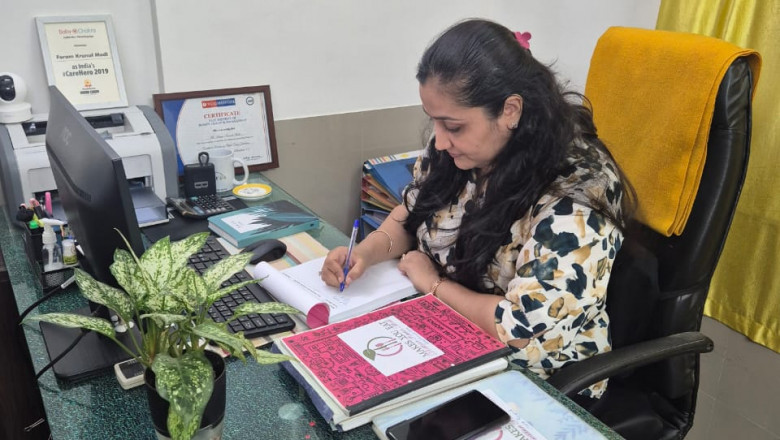An Overview of Technology and Innovation in Las Vegas
-

Understanding the Mortgage Lending Process from Start to Finish

Looking for the best nutritionist in Borivali, Mumbai? Dt. Foram Modi offer...

Location: Riga, Latvia, Riga, Latvia

How to Choose the Right Mortgage Lender for Your Home Purchase











